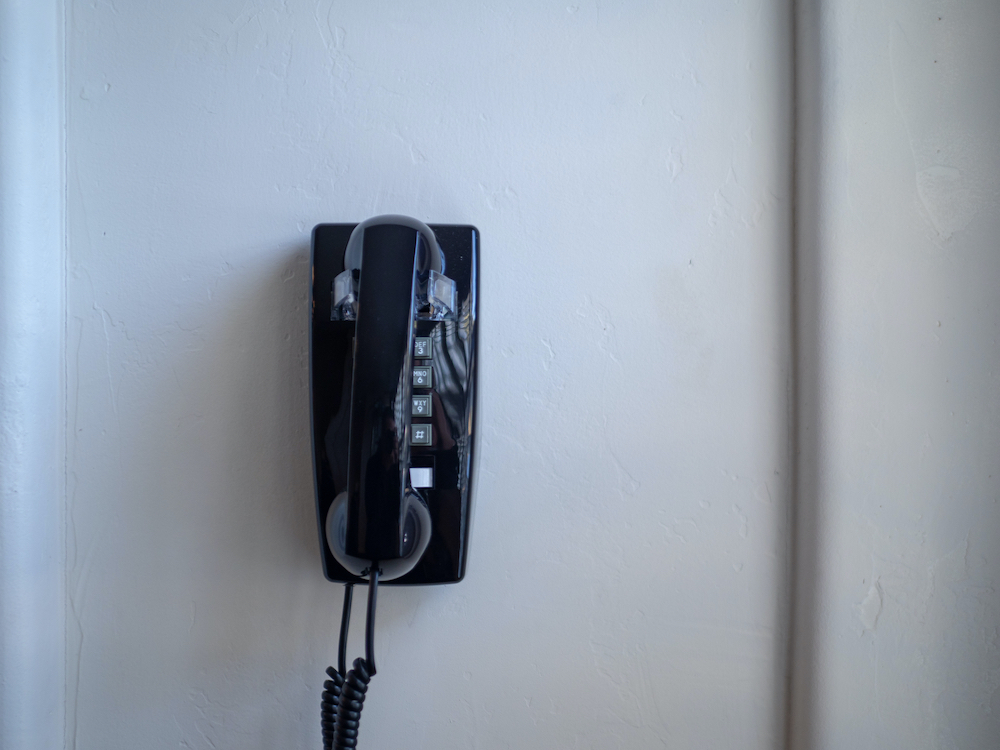We have the power to choose our reaction and emotional state in every interaction. Back in 1991, I read Stephen Covey’s The Seven Habits of Highly Effective People which really inspired me to look for moments in my life that emphasized the points I read about in the book. During this time, my wife and I had just bought a new house. One evening I was at the kitchen sink doing dishes, looking out the back window when I heard a big commotion in the family room. I realized it was my eight-year-old, Nick, and my seven-year-old, Julia, practicing their conflict management skills over a toy.
Nick had done something that led him to race out of the room and quickly up the stairs. I was left with Julia, a most precious blond-haired, blue-eyed seven-year-old who was crying so hard that no sound was coming out of her mouth. (They called it “going ballistic” in the early 90s.) I walked out of the kitchen and down the three steps into the family room and got down on one knee to give her a hug and try to figure out what happened. At that moment, the phone rang.
What I saw changed the way I viewed things. She walked around my loving, outstretched arms, up the three steps to the kitchen and up to the phone – which in those days was hanging on the wall – all while still crying. However, she answered the phone in the kindest, sweetest voice you’d ever want to hear. “Good evening, Germann residence. This is Julia… No, I’m sorry, she isn’t home right now. May I take a message?” She took the message, hung up the phone and then instantly went ballistic again.
It was that moment that I realized that Covey’s concept of proactivity and how “life doesn’t just happen” is true. We are much more in charge of our lives than we consciously realize and we choose our reaction to whatever happens. I wondered what would happen if we always chose the appropriate emotional response that was required in every situation. What a powerful life we would have.
The story of Julia answering the phone is a reminder that instead of reacting to or worrying about conditions over which we have little or no control, we can focus our time and energy on things we can control. We can choose our response. It’s not always easy and it is influenced by many different things. However, imagine if every single interaction was conducted with the emotional intent that you wanted.
How could you be more proactive?
Where can you bring the emotional intent that you want?

Peter, I remember this story vividly and tell people about it all the time! Such a perfect example of the control we have in split seconds and that we constantly have the decision to choose our response.